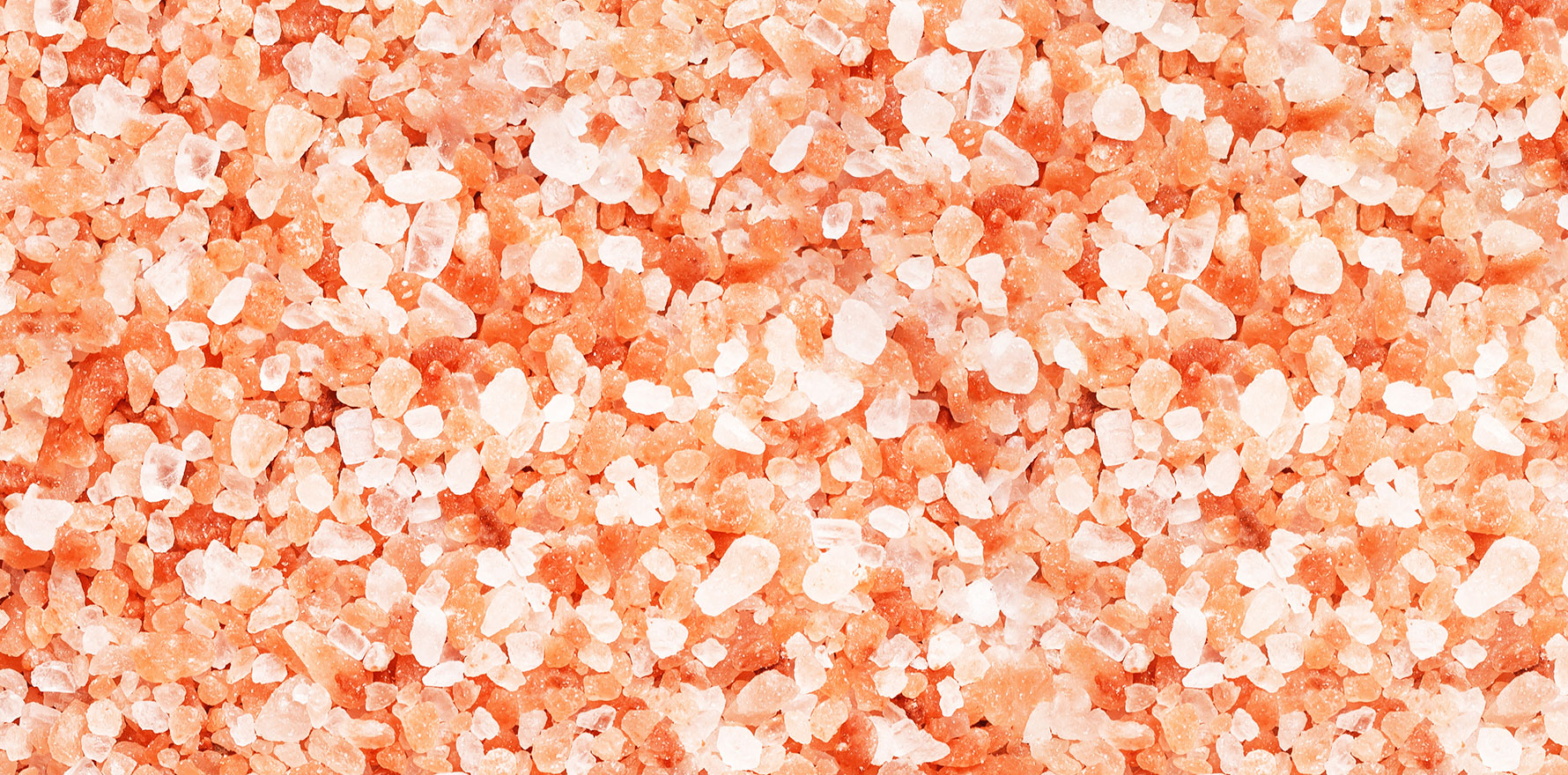New research findings link dietary sodium intake to atopic dermatitis.
All these flavours, and you choose to be salty.
There is growing awareness that someone’s diet can influence the development and persistence of atopic dermatitis, but there is limited data on how specific dietary elements – such as sodium – affect these associations.
A new cross-sectional study, published in JAMA Dermatology, suggests higher sodium intake is associated with an 11% increase in the likelihood of developing atopic dermatitis.
“Our population-level evidence that higher levels of dietary sodium intake are associated with atopic dermatitis complement basic and translational studies showing that sodium is stored in the skin and associated with immune activation characteristics of atopic dermatitis,” the researchers wrote.
Researchers examined data for 215,000 participants from the UK Biobank, using urinary sodium excretion as a biomarker of sodium intake. People were deemed to have atopic dermatitis if they clinician-confirmed diagnosis and at least two different prescriptions for a relevant treatment such as emollients or topical corticosteroids.
Five percent of participants had atopic dermatitis. Having a 1g increase in 24-hour urinary sodium excretion was associated with an 11% increase in the odds of having atopic dermatitis, after researchers controlled for the effects of sex, age, race and ethnicity, socioeconomic deprivation and education.
The association was stronger in females compared to males (15% increase versus 6% increase), and there was an inverted-U shaped association between age and atopic dermatitis risk (8% increase in patients aged 38-49 years, 11% increase in patients aged 50-62 years and a 7% increase in patients aged 63 years and older).
Researchers noted the excess sodium stored in the skin “can act as an ionic checkpoint driving T cells to shift toward helper 2 T-cell inflammation, which is implicated in atopic dermatitis”.
There was also an association between urinary sodium excretion and atopic dermatitis severity – higher sodium excretion was associated with an 11% increase in the odds of having more severe symptoms based on the treatments the patient was prescribed (i.e., a prescription for systemic immunotherapy was considered to mean severe symptoms were present).
The Biobank findings were further validated in a cohort of 13,000 patients from the US-based National Health and Nutritional Examination Survey, where a 1g/day increase in dietary sodium intake (estimated through dietary recall questionnaires) was associated with a 22% increase in the odds of experiencing atopic dermatitis (identified through self-reporting).
A key limitation to the study was the fact that 24-hour urinary sodium excretion was estimated using a single urine sample, rather than collecting multiple measurements over the 24-hour window.


